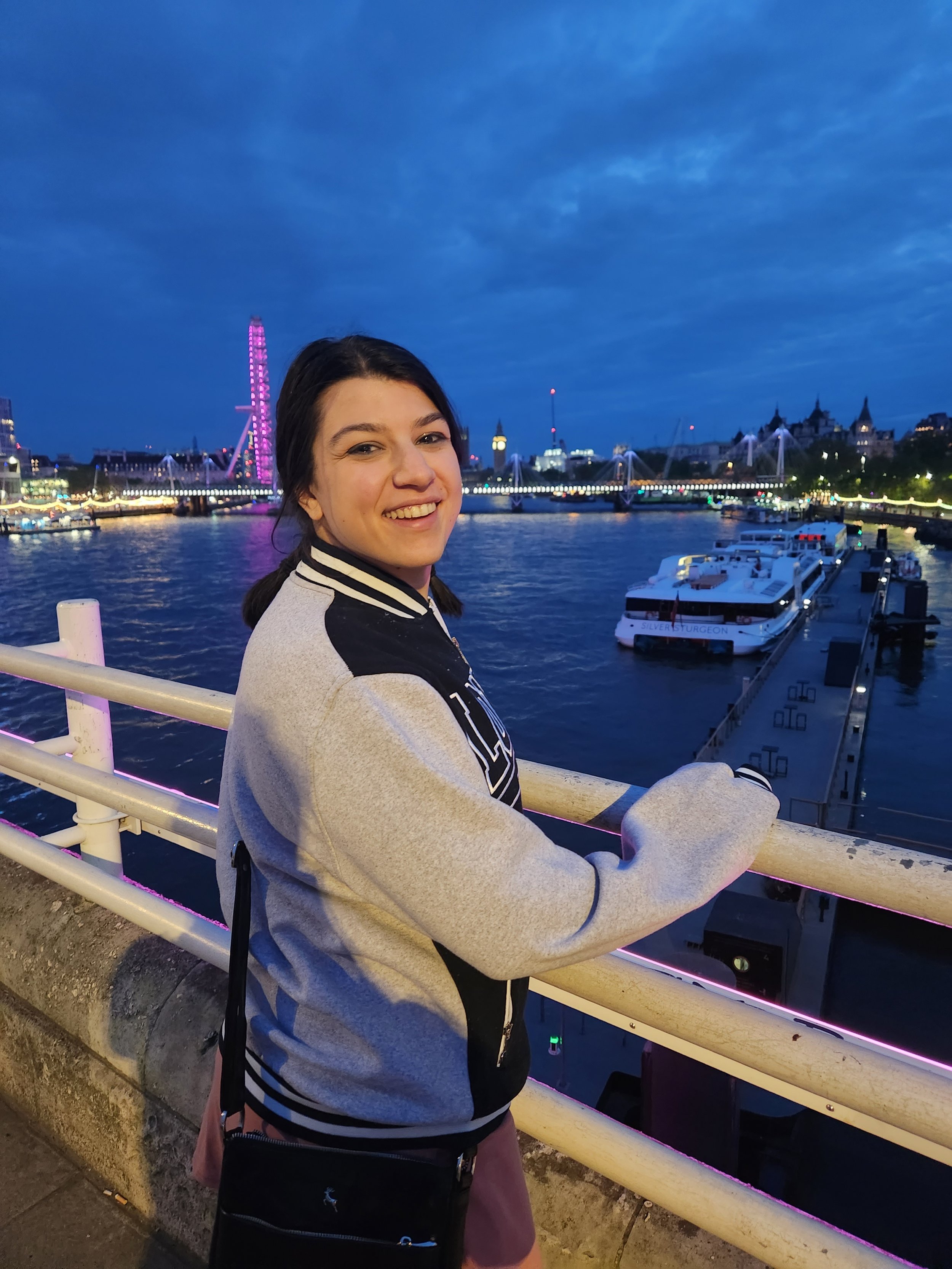
November 2023 Issue
Pictured: Tenaya Johnson
Photo credit: Rick Guidotti for Positive Exposure and University at Buffalo, School of Dental Medicine.
November is Epilepsy Awareness Month
Three letters. Two decades. One goal.
By Rick Rader, MD, FAAIDD; Steve Perlman, DDS, MScD; Matt Holder, MD, MBA
As a result of the recent action by the National Institutes of Health (NIH) to reverse their decision to designate people with disabilities as a population with health disparities, we felt it was appropriate to provide a historical narrative of the AADMD’s long-term pursuit in having the NIH and other Federal health agencies designate people with intellectual and developmental disabilities as being a Medically Underserved Population (MUP).
Lessons from my brother’s smile
by Ian Chen
It’s 3 a.m. A sudden, sharp noise wakes me up. It’s the squeak of the oxygen tank rolling on the hardwood floor toward my brother Ty’s pitch-black room. The whole house instantly wakes up. I hear what I’ve been anticipating—the intense cry of Ty yelling from the pain of the seizure. I can hear him gasping for air. The oxygen tank arrives, and Ty is instantly hooked up to it. By this time, Ty is still spasming up, every few seconds. It’s as if he’s possessed. His whole body stiffens and tenses up.
Inaugural Health Equity Summit - Parts 1 & 2
Corresponding author: David A. Ervin, BSc, MA, FAAIDD
HELEN, The Journal of Human Exceptionality, presents – in a two-part series – proceedings of the Inaugural Health Equity Summit: Developing a Model of Healthcare for People with Intellectual and/or Developmental Disabilities in the Washington, DC Metropolitan Area.
Improving Trauma & Disability Bias in Prenatal Screening
By Stephanie Meredith, MA; Sierra Weiss, MA; and reviewed by Harold L. Kleinert, EdD
When my son was born with Down syndrome in 2000, I was 23 years old and had just started my first job out of college. The delivery was difficult, and he was whisked away to the Newborn Intensive Care Unit (NICU) due to some immediate health issues. About four hours after his birth, we were told that the doctors suspected he had Down syndrome. Our doctor brought us into a room together and was fairly matter of fact about our baby’s possible diagnosis. We were so overwhelmed, but we were thrown a vital lifeline the next day.
Women with disabilities: Overcoming the challenges
By H. Barry Waldman, DDS, MPH, PhD, Dana Roth, PhD, Rick Rader Rick Rader, MD, FAAIDD, FAADM, DHL (Hon), Steven P. Perlman, DDS, MScD, DHL (Hon)
“Women suffer from double discrimination by virtue of their sex, as well as their disability. This results in many women and young girls being denied their basic human rights.” 1
The combination of male preference in many cultures and the universal devaluation of disability can be deadly for females with disabilities. Today, in both industrialized and developing nations with access to reproductive technology, it is becoming easier to utilize selective abortion if a fetus is considered imperfect by medical profession's or society's standards.
Autism Behaviors Explained
by Priya Pasumarthy
ASD or Autism Spectrum Disorders are developmental disorders caused by differences in the neural wirings in the brain. The causes of ASD are still unknown and under study. The current rates of individuals getting diagnosed with ASD is alarming. By the age of three, the symptoms of ASD become more conspicuous. Educating individuals with ASD and getting them ready to live in a society is considered to be pretty expensive. With scant resources and support services availability there is an ongoing struggle with the systems schools and other organizations) while raising a special needs kid.
My Journey with Sunflower Syndrome
by Devon Popolizio
I work as a therapist. That being said, working in the mental health field while dealing with personal mental health issues presents an extreme juxtaposition. How dare I give someone advice and encourage strategies when I myself have a difficult time?
Thomas Edison once said, “The chief function of the body is to carry the brain around.” However, if my body is not functioning, how do I keep my brain going? And if my brain isn’t working with me, how can I take care of my body? I had no control over my own body, and this article is a peek into the journey that I’ve faced over the last 20 years.
My first AAMD Conference: A Rewarding Experience
by Joseph R. Greenberg DMD, FCPP
Dear Helen, I just had to write to tell you personally how much I enjoyed your AADMD Meeting in Denver this year—my first. This meeting also represented the culmination of an extraordinary year of working with the Alliance for Oral Health Across Borders, now an affiliate of yours. My role with the AOHAB grew from casual awareness to regular sessions of remote mentoring with a group of international dentists and dental students called the SLGOH—that’s the Student Leadership in Global Oral Health. These young men and women from all over the World, recruited through the hard work and insightful leadership of Dr. Deborah Weisfuse, brought their own knowledge and experience in community oral health to our table each month. They seemed like little sponges soaking up whatever information and advice we mentors could give them, and always with the utmost respect and gratitude. They were all working towards birthing an oral health/overall health project in their own localities and producing a display poster to represent this effort.










